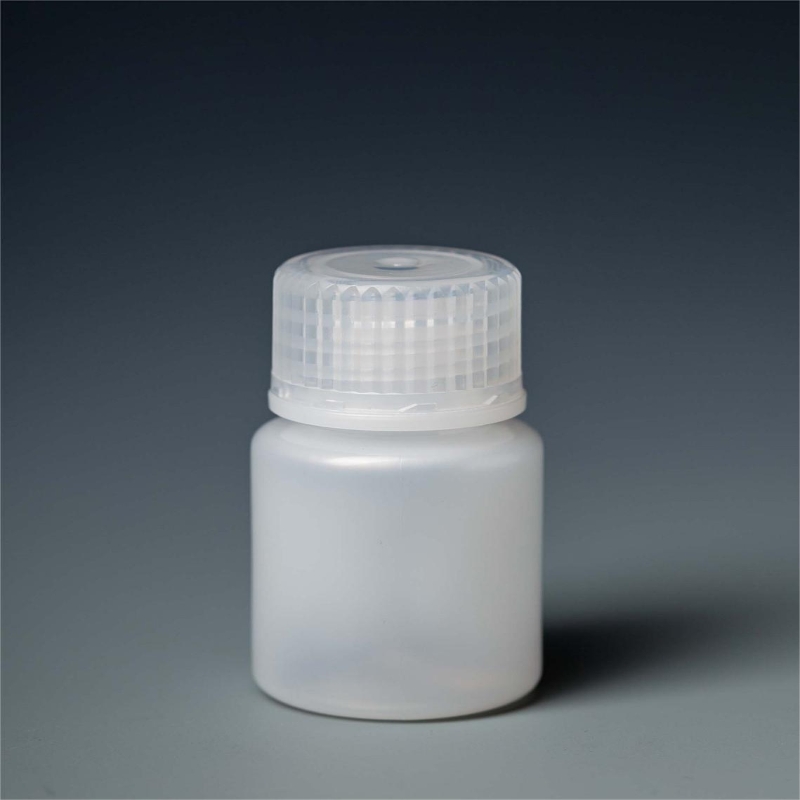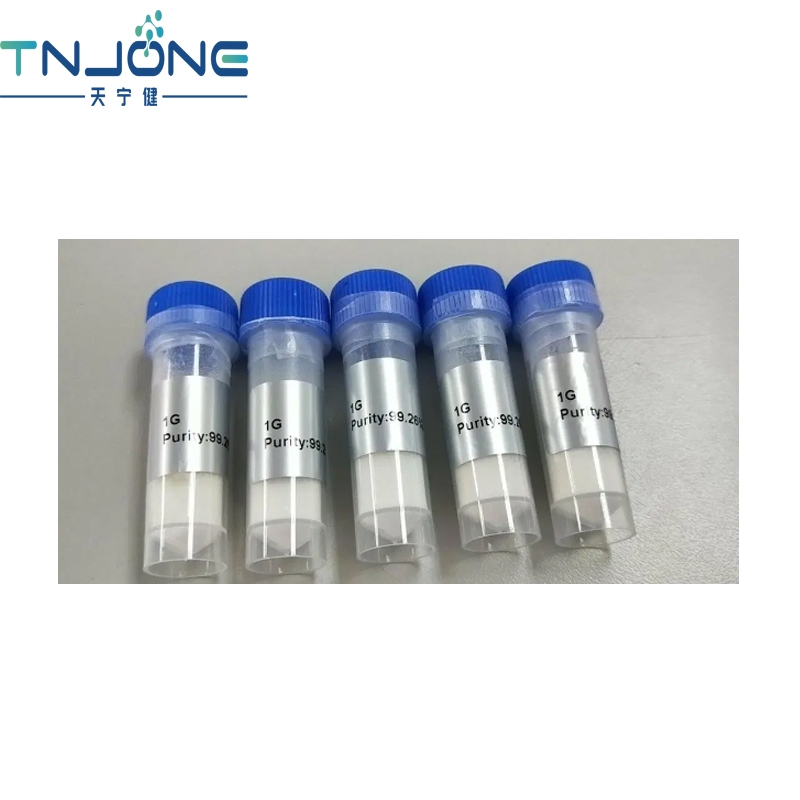-
Categories
-
Pharmaceutical Intermediates
-
Active Pharmaceutical Ingredients
-
Food Additives
- Industrial Coatings
- Agrochemicals
- Dyes and Pigments
- Surfactant
- Flavors and Fragrances
- Chemical Reagents
- Catalyst and Auxiliary
- Natural Products
- Inorganic Chemistry
-
Organic Chemistry
-
Biochemical Engineering
- Analytical Chemistry
-
Cosmetic Ingredient
- Water Treatment Chemical
-
Pharmaceutical Intermediates
Promotion
ECHEMI Mall
Wholesale
Weekly Price
Exhibition
News
-
Trade Service
*For medical professionals only
Many drugs have failed to effectively control inflammation, how to deal with it?
The overall therapeutic goal of rheumatoid arthritis should be to suppress joint lesions caused by inflammatory cell infiltration and the inflammatory mediators they release as soon as possible, significantly reduce disease activity or achieve complete clinical remission, and prevent or slow down joint lesions [1-2], so controlling inflammation is a key part
of treatment 。 With the development of targeted synthesis of disease-modifying antirheumatic drugs (tsDMARDs) such as baricitinib and tofacitinib and biologics such as adalimumab to improve the condition of antirheumatic drugs (bDMARDs), the therapeutic effect of RA is also constantly improving [3].
Professor Yu Jing of the Affiliated Hospital of Liaoning University of Chinese Medicine said: "The treatment of RA can be said to have ushered in earth-shaking changes, and our goal in the treatment of RA patients is not only to relieve pain, but also to maintain the patient's joint function, inhibit bone destruction, and avoid joint deformity [2], from 'symptom treatment' to 'root cause'
of inhibition of pathogenesis.
" ”
When patients with RA have not achieved satisfactory efficacy with a variety of traditional drugs DMARDs and bDMARDs, how should the treatment plan be optimized? Professor Yu Jing shared her experience and experience
with us through a tricky RA case.
The patient has received informed consent
for this case.
Cells.
2020; 9(4):880.
[2] Rheumatology Branch of Chinese Medical Association.
Chinese Journal of Internal Medicine.
2018; 57(4):242-251.
[3]Tanaka Y.
Rheumatology (Oxford).
2021; 60(Suppl 6):vi12-vi20.
PP-BA-CN-2063
This article is intended solely to provide scientific information to healthcare professionals and does not represent the position of
the Platform.







